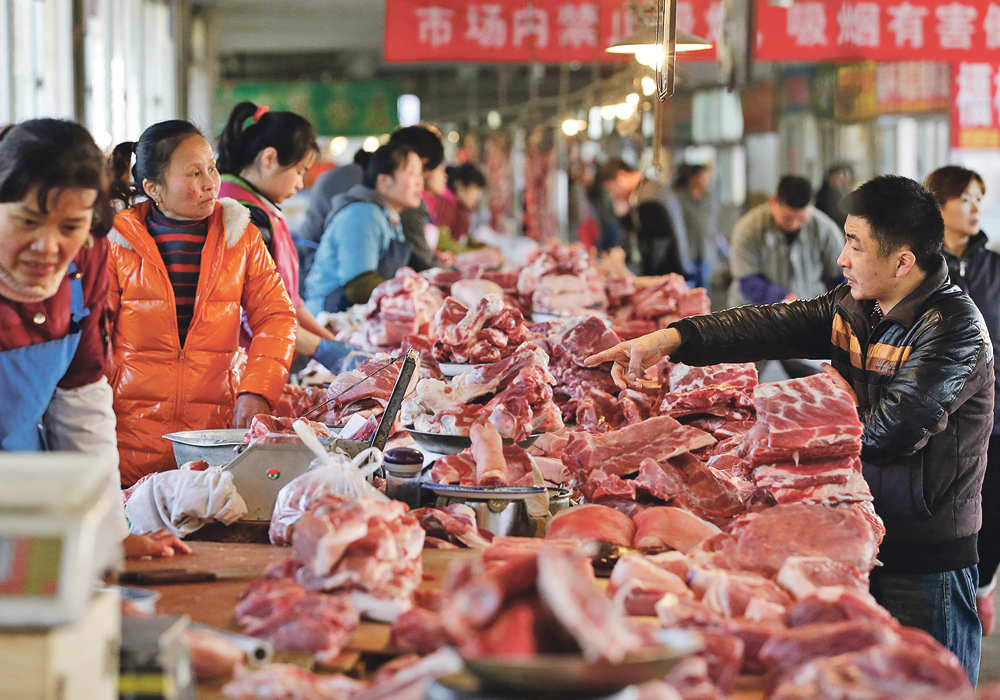The trade war between the United States and China has had little impact on Canada’s grain exports so far.
As of Sept. 23, the eighth week of the crop year, exports of all crops stood at a little more than 5.6 million tonnes, down from about 5.4 million at the same point last year, but up from about five million tonnes in 2016-17, according to the Canadian Grain Commission.
Pea, canola, barley and durum exports are down from last year, but the gap is partly narrowed by increased wheat, corn and soybean exports.
Read Also

Chinese, Indian tariffs take toll on pea prices
The disruption of pea exports from Canada’s largest customers will likely result in slow pea exports for the remainder of the crop year.
The delayed harvest across the Prairies is likely having some impact on grain deliveries and movement to port.
However, the Quorum grain monitor report shows an increase in exports might be coming with 21 ships in Vancouver port in week eight, up from 17 in week seven and 19 in week six.
A record pace of soybean crushing in the U.S. is keeping soy oil supplies strong and cheap. That is one factor weighing down Canadian canola values, along with expectations of a record U.S. soybean harvest. On the other hand, hopes that China might buy more canola this year are supporting prices.
Over the past six months, on a continuous price chart, canola values have fallen only 3.5 percent, compared to a decline of 11.4 percent for soy oil and 19.4 percent for soybeans.
Hopefully this trade disruption will prompt Chinese hog producers to listen to the research Canada’s canola industry has been providing about the positive role canola meal can play in feed formulations.
But it is Brazil’s soybean growers who have been the big winners from the U.S.-China dispute, booking much larger sales than normal at premium prices over the Chicago soybean market.
China has imposed a 25 percent import duty on American soybeans so buyers there turned to Brazil. Reuters reports that China booked a record 12 to 14 million tonnes of Brazilian beans for October-November arrival. That is well up from the previous record of almost nine million tonnes Brazil shipped to China in 2017 in the last three months of the year.
Reuters reports Brazil’s domestic soybean prices are at a record wide premium to the Chicago market, at about US$11 a bushel compared to $8.50 in Chicago.
The market expects this price disparity will spark rare exports of American soybeans to Brazil and Argentina, as processors there seek alternatives to high priced local beans.
The U.S. has also increased the amount of soybeans it sold to the European Union in the last few months, as Brazil’s windfall sales to China make it difficult for it to supply its other traditional customers.
There is also talk in the market that arbitragers will take advantage of the soybean price disparities and buy U.S. beans for immediate transhipment to China. Many believe that much of last week’s sale of 672,000 tonnes of soybeans to Mexico will eventually wind up in China.















